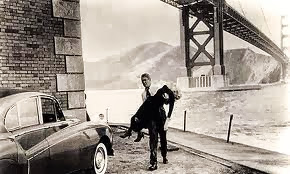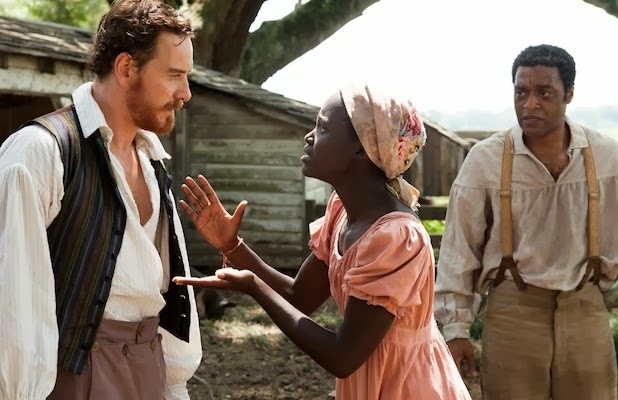Family Strains in NEBRASKA
Director Alexander Payne has had
wild success in writing and directing stories (The Descendents, Sideways) about fragile individuals who are
looking for a purpose and meaning amid love and heartbreak. In Nebraska,
he takes a gem of a screenplay by Bob Nelson about a fateful road trip and
elicits strong performances from a terrific cast.
An elderly man, Woody Grant
(Bruce Dern), is determined to travel cross country from Billings, Montana, to
Lincoln, Nebraska, to claim a million dollar prize despite the objections of
his wife Kate (June Squibb) and skeptical son, David (Will Forte). He has a habit of wandering off much to the
frustration of his family including David’s older brother Ross (Bob
Odenkirk). An alcoholic with a painful
past, Woody takes the long road trip accompanied by David. Along the way, they stop by the town of Hawthorne
for an impromptu family reunion where news of Woody’s windfall spreads, and
with it come greedy family and friends particularly in the person of an old
buddy, Ed (Stacy Keach). As Woody and David approach their
destination, old memories are revived and a father and son bond.
Payne creates a reality that successfully
conveys a feeling of family and its dysfunction, which makes the story believable
and authentic. While David realizes that
he has nothing in common with his extended relatives (and you might not want
them in your family either), you sure as heck won’t forget them!
The film is divided into a series
of vignettes, some with amusing payoffs. Woody rarely filters his thoughts as evidenced
in his explanation to David about how Woody and Kate started a family. It is a gem.
There is an outrageous moment near the end when the brothers David and
Ross attempt to right a wrong with hilarious results.
The journey is the point of the
story. There are similarities in theme and characterizations to The Straight Story. David uses the trip as a way to get closer to
his dad. In fact he learns some surprising things about Woody via the local
newspaper and a certain female with a shared past.
Veteran actor Bruce Dern (Coming Home) makes the most of the role
of a lifetime as a father looking for redemption. In the last chapter of his life, Woody does
not have many prospects or things to look forward to, but he does have a prize that
motivates him and is a sense of pride. It
gives his empty life meaning. Grumpy and
blunt, he can be confused and oblivious at times, but when he isn’t drinking at
a local bar, he has moments or clarity and recall that can be jarring.
The revelation here is the
natural acting abilities of former
Saturday
Night Live player, Will Forte, who is completely convincing as the dutiful
son, David.
June Squibb is quite good as
the mom who speaks her mind and proves a nice counterpoint to Woody.
Her scene at the family cemetery is a
riot.
The town of Hawthorne is not
unlike the Midwest town featured in The
Last Picture Show. Gorgeously photographed in black and white
amid a Midwest landscape, the film uses its setting to great effect as the
towns and farmland become characters too like the old, derelict family
house which serves as a touchstone replete with memories and demons. A
grassroots country musical score complements the visuals.
In a way this is not only a
father’s quest á la Don Quixote but a son’s search for his family’s roots. The film makes a point of Woody’s reasons for
getting his pot of gold, and it comes down to family legacy. What are the things that matter and what do
we leave for future generations? You
root for him and want his prize to be genuine, but there are riches to be mined
along the way. It’s also about setting
things straight as exemplified by David’s final act. It’s
ultimately a family’s unusual journey but particularly a son’s love for his
father.
***1/2 of **** stars






















